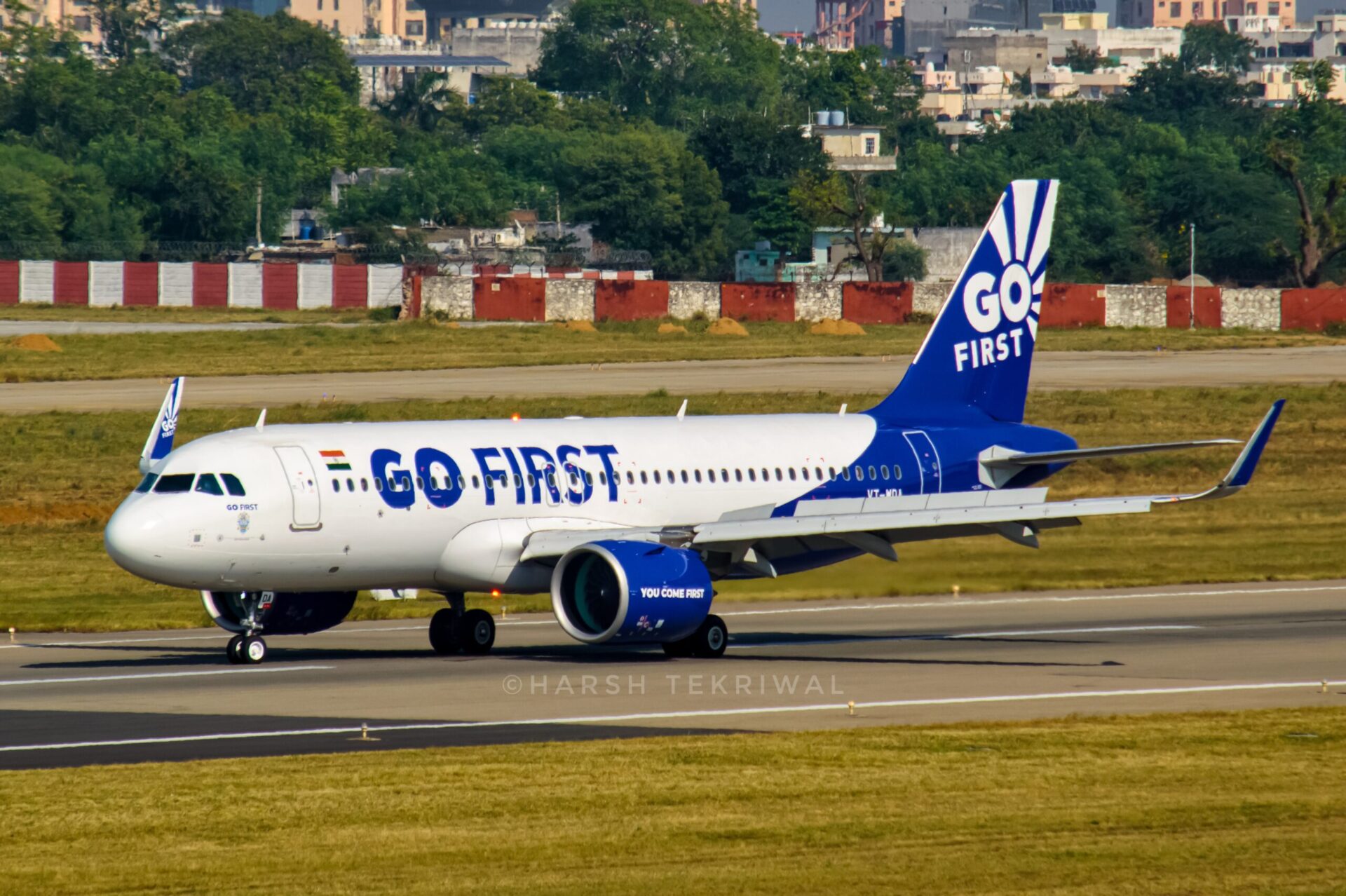The National Company Law Tribunal (NCLT) has requested a response from Go First’s suspended management concerning the Committee of Creditors’ (CoC) recent decision to liquidate the airline. This step comes after the CoC concluded that the resolution plans proposed during the insolvency resolution process did not comply with legal standards.
Go First, a budget airline owned by the Wadia Group, is at a critical crossroads. The airline had entered the corporate insolvency resolution process (CIRP) following severe financial troubles, primarily attributed to issues with its Pratt & Whitney (P&W) engines. These engine faults led to the grounding of 34% of its fleet in 2022, significantly worsening its financial situation. At the time of its insolvency filing, Go First owed a staggering ₹6,521 crore to its financial creditors. In a significant turn of events, the CoC has opted for liquidation after determining that the submitted resolution plans were inadequate. The CoC has also approved third-party funding to support ongoing arbitration proceedings against P&W at the Singapore Court of Arbitration. Burford Capital, a US-based litigation finance firm, is set to invest approximately ₹180 crore to cover the costs of this arbitration.
The NCLT has raised pivotal questions regarding the legality of this third-party funding. The tribunal is examining whether such funding complies with Indian law and if it can be classified as a legitimate liquidation cost under the Insolvency and Bankruptcy Code, 2016 (IBC). Additionally, the NCLT is considering whether any potential award from the arbitration could permit payments to third parties involved in the litigation. The decision to liquidate has far-reaching implications for stakeholders, including employees, creditors, and passengers. The liquidation process could lead to asset sales and potential job losses, impacting many lives. Moreover, the outcome of the arbitration case against P&W could set significant precedents for future insolvency and litigation practices within the aviation sector.


